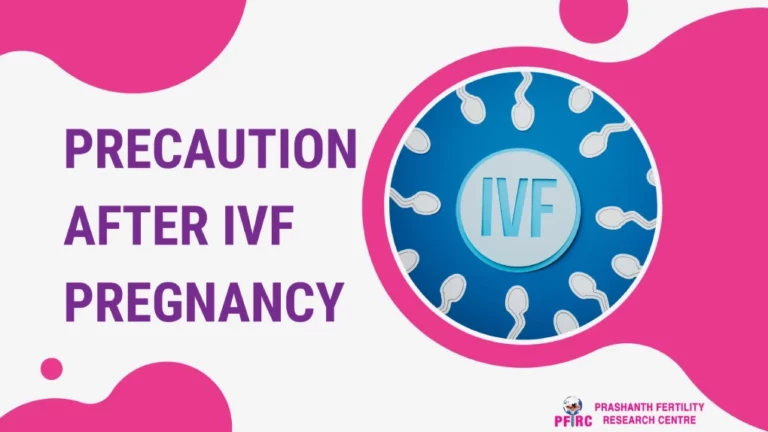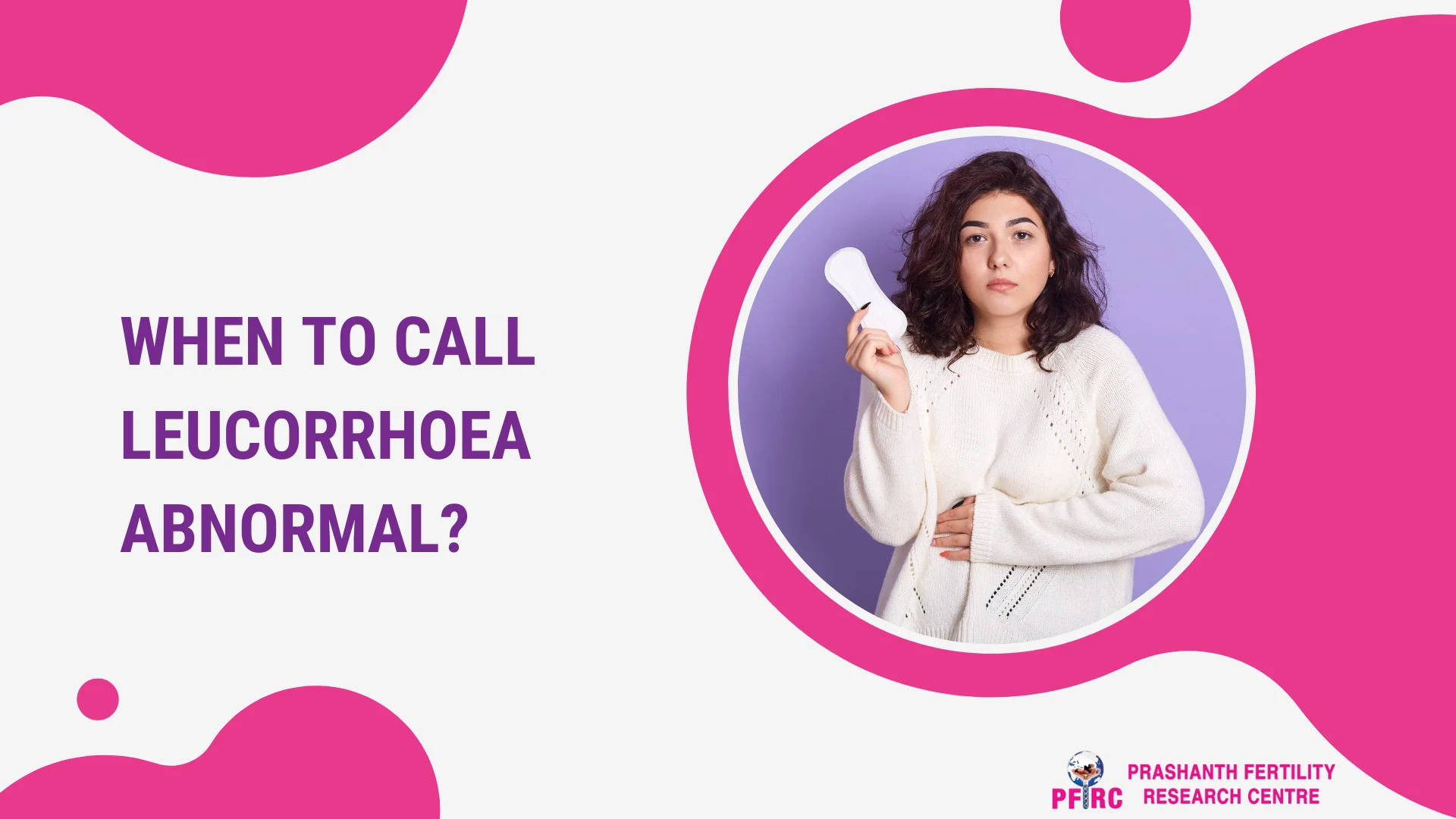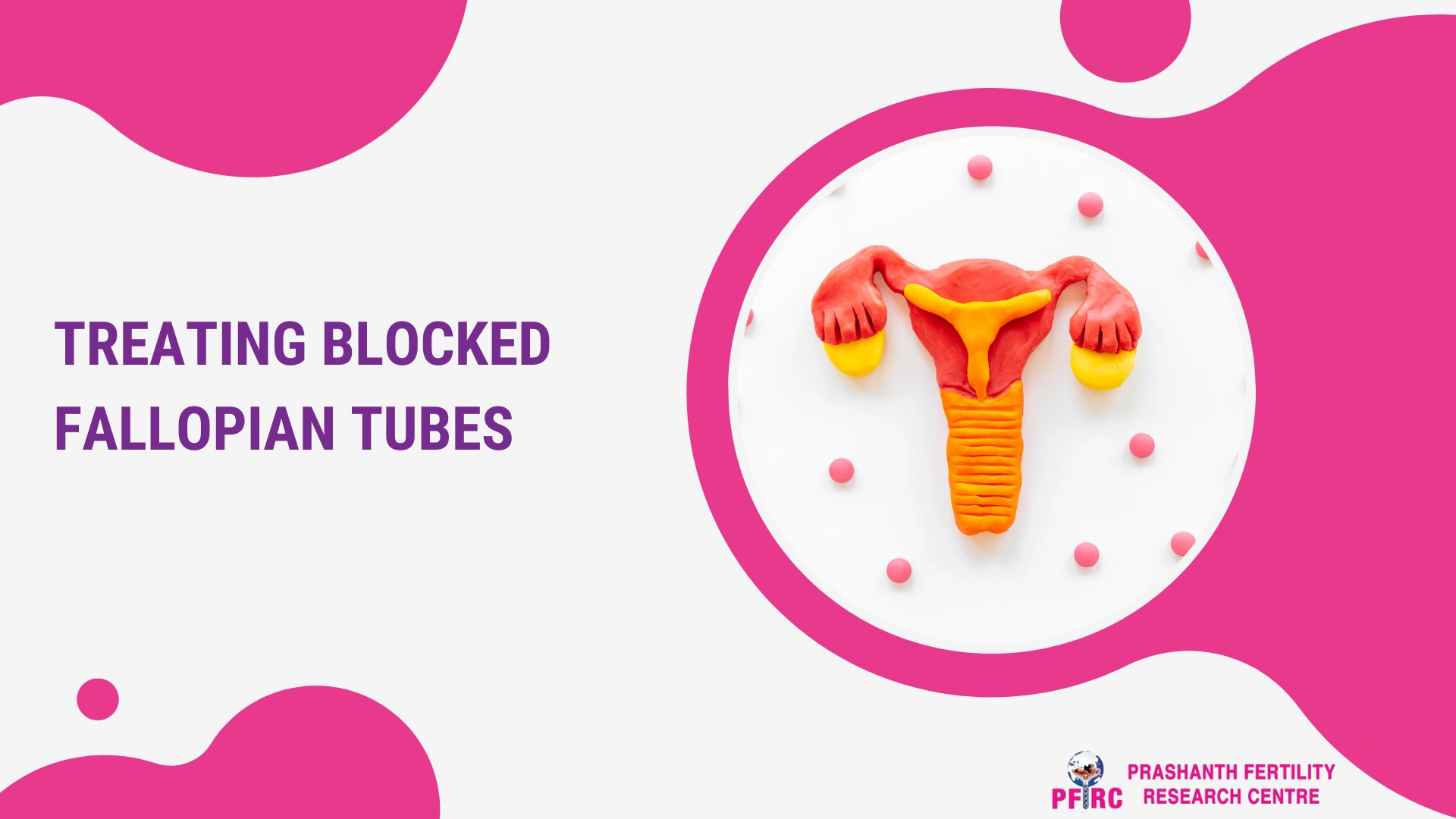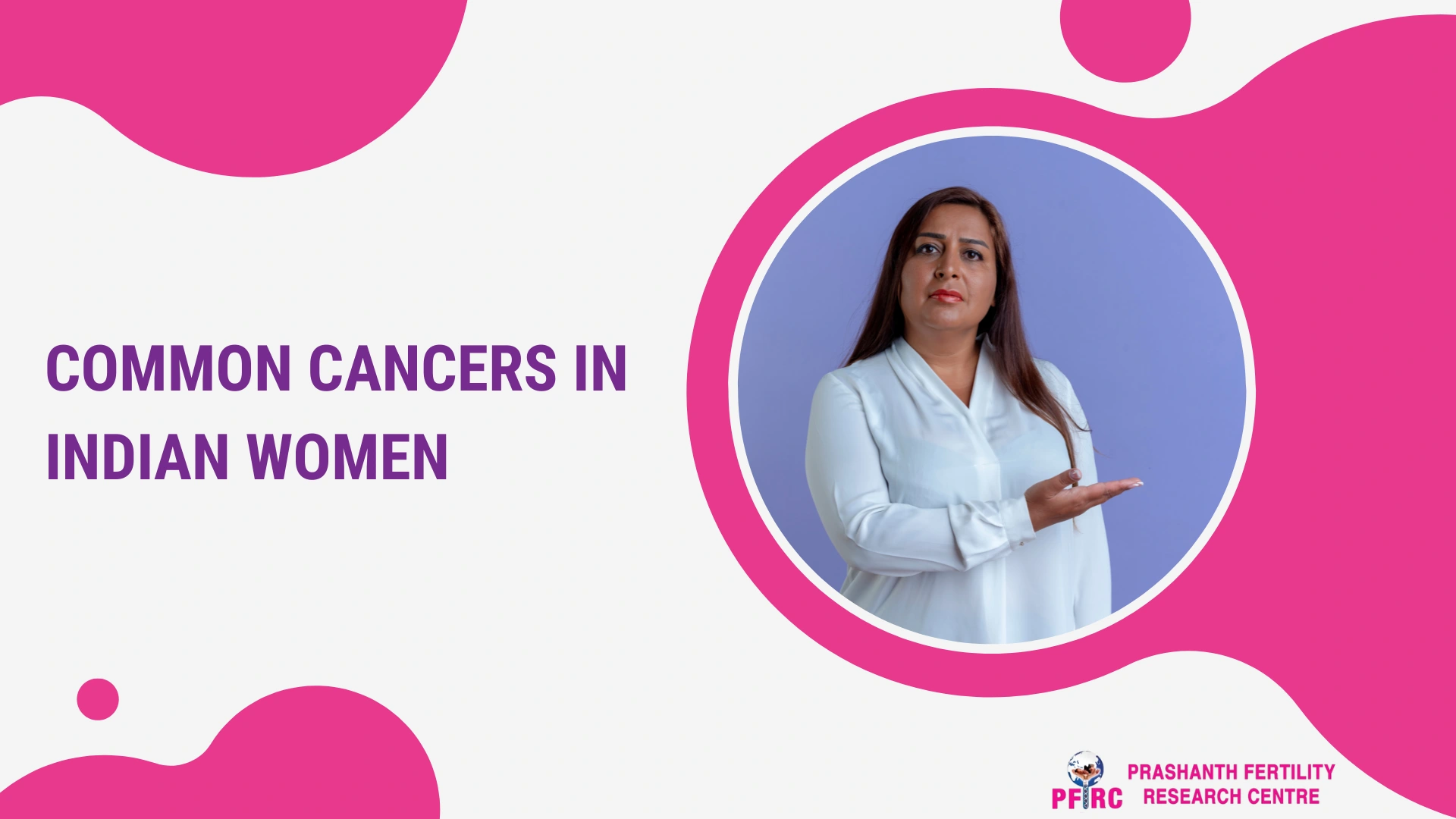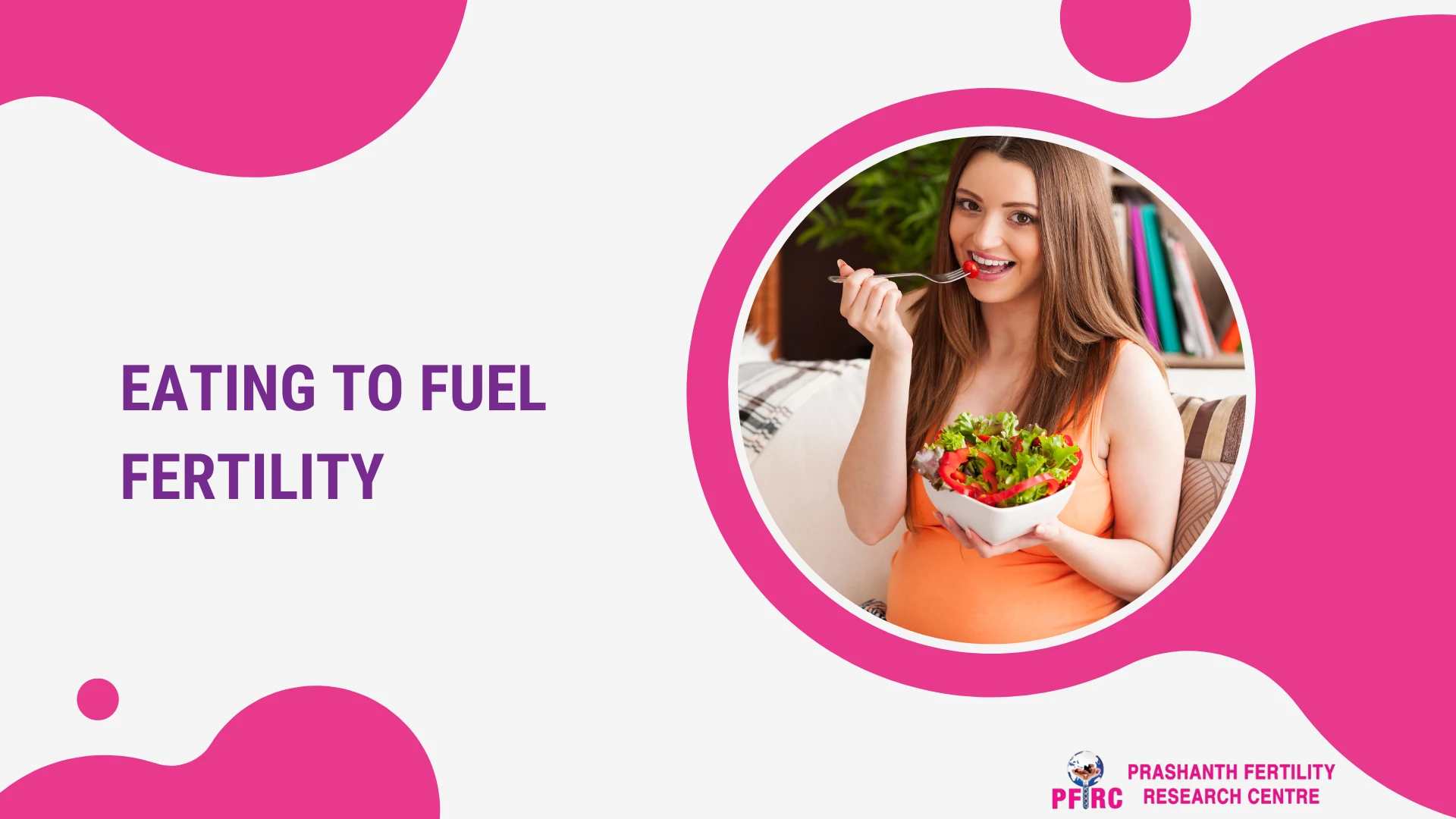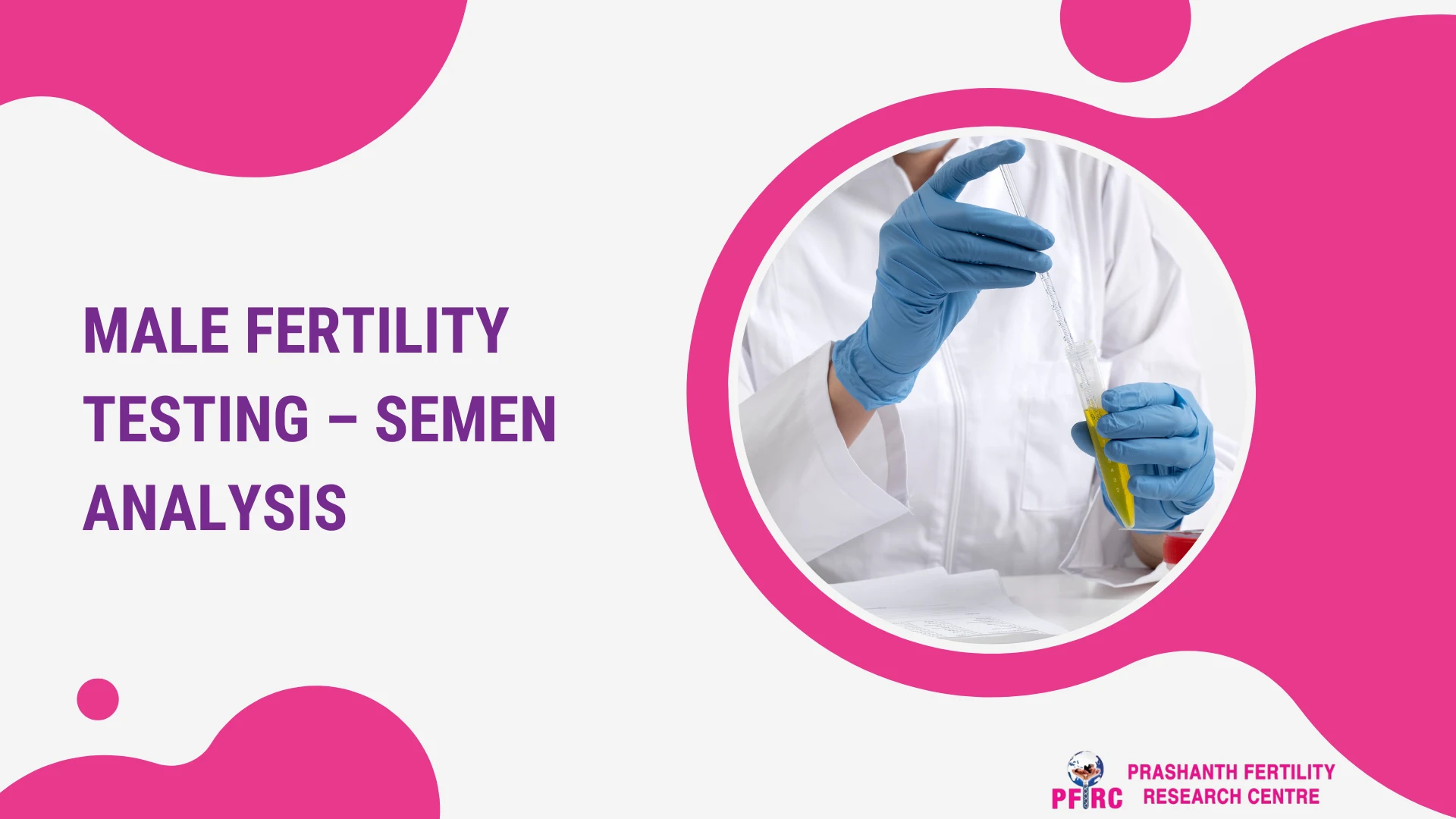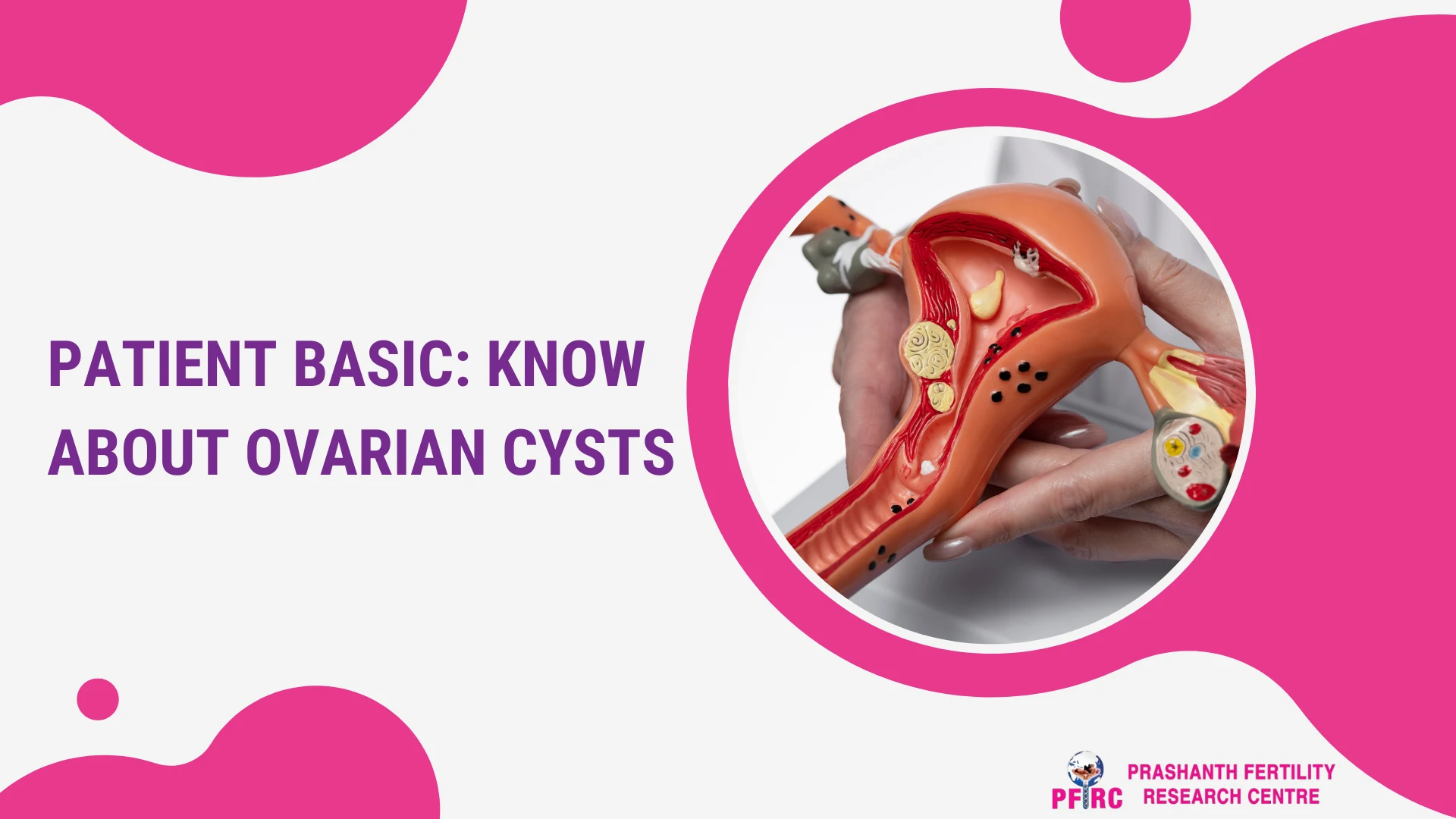Embryo transfer during IVF gets you one step closer to your dream of getting pregnant despite all difficulties. Following embryo transfer, there is a two-week waiting period before pregnancy confirmation.
Many procedures and crucial safety measures to be followed after embryo transfer are described in this article.
Relax and follow doctor's prescription
After embryo transfer, your physician may recommend you get plenty of rest once the transfer has been completed. Relaxation or couch rest is required after the embryo transfer because of the physiological and hormonal changes. Keep a good attitude and composure.
There are many different ways to relax, like listening to music, meditating, spending time with family, engaging in activities connected to interests, and engaging in long-cherished hobbies.
You should reach out to the reputed Fertility Hospital for confirmation regarding the consumption of necessary drugs and nutritional supplements. For many women, progesterone is necessary for several days following the transfer. Healthy pregnancies depend on progesterone. Make sure you remember your medication.
Eat a balanced diet and stay hydrated
A healthy pregnancy diet should be started as soon as possible following embryo transfer. Pregnant women should try to maintain a healthy weight by eating healthily; this is one of the recommendations made by medical professionals.
If you want to obtain more iron, calcium, vitamin B, protein, and other minerals in your diet, try eating a variety of fresh vegetables and fruits. Staying hydrated is crucial during pregnancy. Even after embryo transfer, you and your doctor can talk about continuing prenatal vitamins.
Use Folic Acid Supplements
One of the many necessary measures after embryo transfer is the consumption of folic acid supplements. Folic acid aids in embryo implantation. It encourages the growth of new capillaries that supply oxygen and nutrients to the placenta.
Embryos are dependent on the ability of cells to divide and replicate successfully. Neural tube defects can be avoided, and proper neural development is aided by vitamin B9.
Furthermore, it lessens the likelihood of problems in the unborn child. Women at a greater risk of abnormalities may be advised to take high doses of folic acid supplements daily.
Your doctor will advise you to take folic acid supplements as part of a prenatal vitamin prescription and as a safety measure following embryo transfer.
Avoid Excessive Physical Activity
After embryo transfer, it’s important to take it easy on your body and mind by avoiding strenuous exercise. Some physical activity restrictions should be observed.
- You should avoid stooping, jumping, running, jogging, swimming, and moving heavy objects.
- Overexertion during pregnancy might have negative effects on the development of the baby.
Choose low-impact activities such as yoga, walking, and trips to the park or beach. Yoga asanas are safe and effective for pregnant women. Regular practice of these postures, as directed by a trained yoga teacher, can increase the likelihood of a healthy pregnancy.
Avoid intercourse
Avoiding sexual activity for the time following embryo transfer is a necessary precaution. A “pelvic rest” is required as an embryo is implanted inside you. Intercourse should be avoided at least two weeks after embryo transfer. The strain imposed by sexual activity causes constant uterine contractions.
These contractions may hinder embryo growth and implantation in the uterus. Miscarriage is a possible outcome. To what extent you should delay sexual activity following an embryo transfer should be discussed with your doctor.
Do Not Overlook Troubling Symptoms
Long-term users of hormone replacement therapy run the risk of developing ovarian hyperstimulation syndrome (OHSS). In OHSS, the ovaries become inflamed and painful, causing mild to severe symptoms.
If you experience any of the following signs of OHSS, get medical attention immediately.
- Vomiting
- Nausea
- Diarrhea
- DiarrheaaTerrible cramping in the guts
- Bloating
These symptoms may not appear severe, but you shouldn’t ignore them. If you ignore these signs, the problem may only get worse. If your stomach feels bloated or if you develop sudden abdominal pain, you should contact your doctor immediately.
Avoid Harmful Chemicals and Heat
Body temperature is vital. Uterine heat can disrupt embryo implantation, fetal development, and pregnancy hormones.
Avoid hot tubs, saunas, steam baths, and high-temperature foods like
- too much caffeine, raw papaya, spicy food, black pepper, and sesame seeds,
- spinach, broccoli, onions, garlic, and ginger that raises body temperature,
- Meat and fish.
Avoid endocrine-disrupting substances. EDCs affect hormone production, placental health, and fetal development.
After embryo transfer, you’ve overcome infertility and the long infertility procedure, so take care of yourself, rest, and reduce physical stress. These precautions can ensure embryo development and implantation. After embryo transfer, consult your doctor for pain or positive indicators.
Conclusion
In conclusion, taking care after an IVF is crucial for preserving the mother’s health and the fetus’s development.
People can increase their chances of a successful IVF pregnancy by following medical recommendations, making appropriate lifestyle changes, and attending scheduled prenatal care appointments.
Since every person’s conditions differ, it is crucial to speak with healthcare experts for tailored advice based on specific facts. People can confidently manage their IVF pregnancy path and increase their chances of a successful outcome by taking proper precautions and obtaining medical support.
FAQ
The majority of intending parents experience first-time IVF success rates that range between 25 and 30 percent. However, after several IVF treatments, this likelihood increases.
Yes! After the IVF, you can resume your regular activities like going for walks, working, and performing household duties as usual. However, when walking and doing other domestic tasks, be careful not to strain your stomach.
After 12 weeks of pregnancy, IVF is typically considered safe; the chances of a successful pregnancy rise to 70–80%, making it as safe as natural conception. You may have a healthy kid with IVF treatment.

